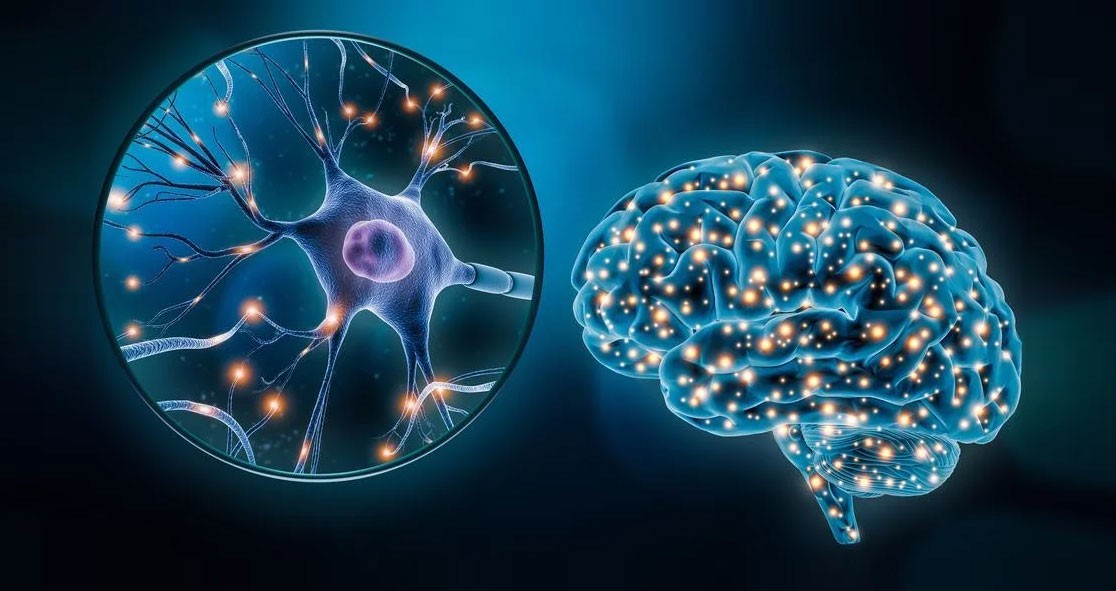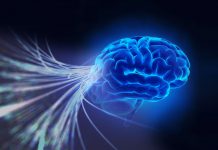A preclinical study by Weill Cornell Medical College has found that abnormalities in astrocytes (brain cells) may play a key role in causing some behavioral symptoms of autism spectrum disorders (ASD), according to Medical Xpress.
The study, published in Molecular Psychiatry, was conducted by senior author Dr. DilekColak and her colleagues.
The researchers grew astrocytes from the stem cells derived from patients with autism and transplanted them into healthy newborn mice. After the transplants, they found that the mice developed repetitive behaviors – one of the hallmark symptoms of ASD – but they did not develop the social deficits associated with the disease.
The mice also developed memory deficits, another common symptom of ASD, but are not a core characteristic of the disease.
Dr. Colak said, “Our study suggests that astrocyte abnormalities might contribute to the onset and progression of autism spectrum disorders. Astrocyte abnormalities may be responsible for repetitive behavior or memory deficits, but not other symptoms like difficulties with social interactions.”
Most studies of ASD have focused on the role of neurons (nerve cells) that relay information in the brain. However, astrocytes help regulate the behavior of nerve cells and the connections between them.
Dr. Colak explained that genetic mutations associated with ASD are likely to affect various types of brain cells differently.
She said, “We didn’t know if these astrocyte abnormalities contributed to the development of the disease or if the abnormalities are the result of the disease.”
The study’s co-lead author Dr. Ben Huang explained that using a microscopic technique known as two-photon imaging, they observed excessive calcium signaling in the transplanted human astrocytes in the brains of mice.
“It was amazing to see these human astrocytes responding to behavioral changes in active mice,” he said. “We believe we are the first to record the activity of transplanted human astrocytes this way.”
Another co-lead author Megan Allen said, “Future therapies for autism might exploit this finding by using genetic tools to limit extreme calcium fluctuations inside astrocytes.”
Dr. Colak said the discoveries may also have important implications for understanding and treating other neuropsychiatric diseases like schizophrenia that also involve memory deficits.
“It is important to determine the roles of specific types of brain cells, including astrocytes,” she added, “in neurodevelopmental and neuropsychiatric diseases.”























